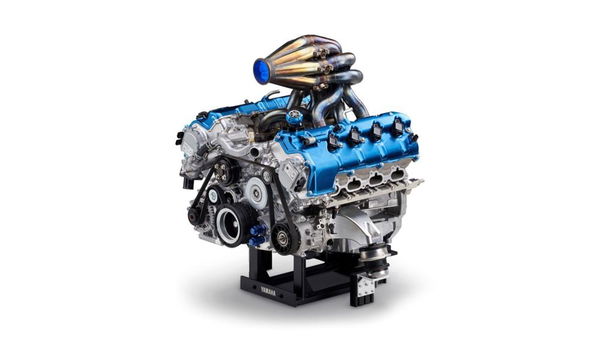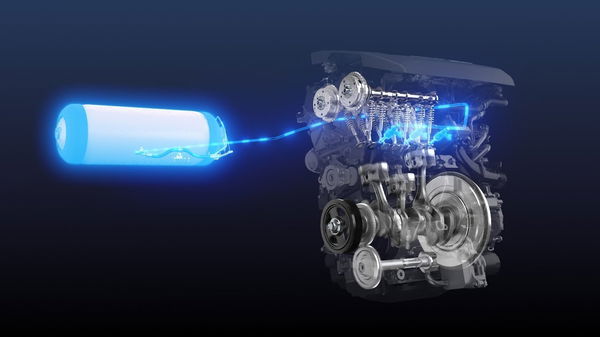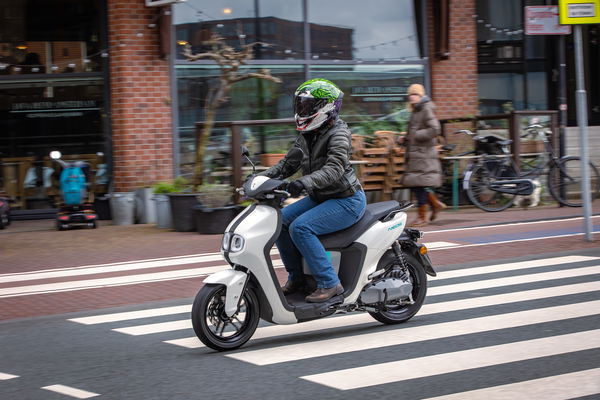Bosch to produce 'green hydrogen,' build 4,000 filling stations
Bosch, the German electronics company, is investing in hydrogen technology, from production to storage, as an alternative to fossil fuels.

Recently, we have reported on the experiments on and development of hydrogen fuels by a Japanese-led collection of companies including Toyota, Yamaha and Kawasaki. Now, Bosch has announced its own desire to work on hydrogen.
Bosch’s idea, the British Motorcycle Federation (BMF) writes, is to use hydrogen fuel cells as an alternative to conventional lithium-ion batteries in electric vehicles. In this way, the electric motor of the vehicle would be powered by the hydrogen fuel cell, which could theoretically offer a longer range than the lithium-ion battery while maintaining zero emissions at the exhaust.

As part of Bosch’s hydrogen push, it has stated that it is aiming to construct 4,000 hydrogen filling stations globally. However, this would result in Bosch having 50% of the number of British petrol stations worldwide. The numbers, in that sense, do not seem especially promising. Additionally, as the BMF says, the production of hydrogen - which mostly uses fossil fuels - is inefficient, as are the motors that use them.
However, Bosch says that it is able to produce “green hydrogen,” using renewable energy to power an electrolysis process. “This hydrogen will then be used for manufacturing operations and mobility, with fuel-cell vehicles refuelling with the hydrogen that Bosch technology has already compressed,” Bosch says.
Bosch’s plans for hydrogen also extend to decentralised energy production. The technology used for this will be similar to that used for hydrogen filling stations, which will compress the hydrogen, which would come “from wind or sun, for example,” according to Bosch.
The technology, including the electrolysers used to produce the green hydrogen, is still in its infancy, of course, and, in any case, the compression of hydrogen in the station is all good, but if the fuel cell it is filling does not match the pressure required to maintain that level of compression the work on Bosch’s end is almost useless for vehicles.
That is why the work manufacturers like those involved in Toyota’s hydrogen project are carrying out is important for a hydrogen-based future for personal transport, whether on four wheels or two.











